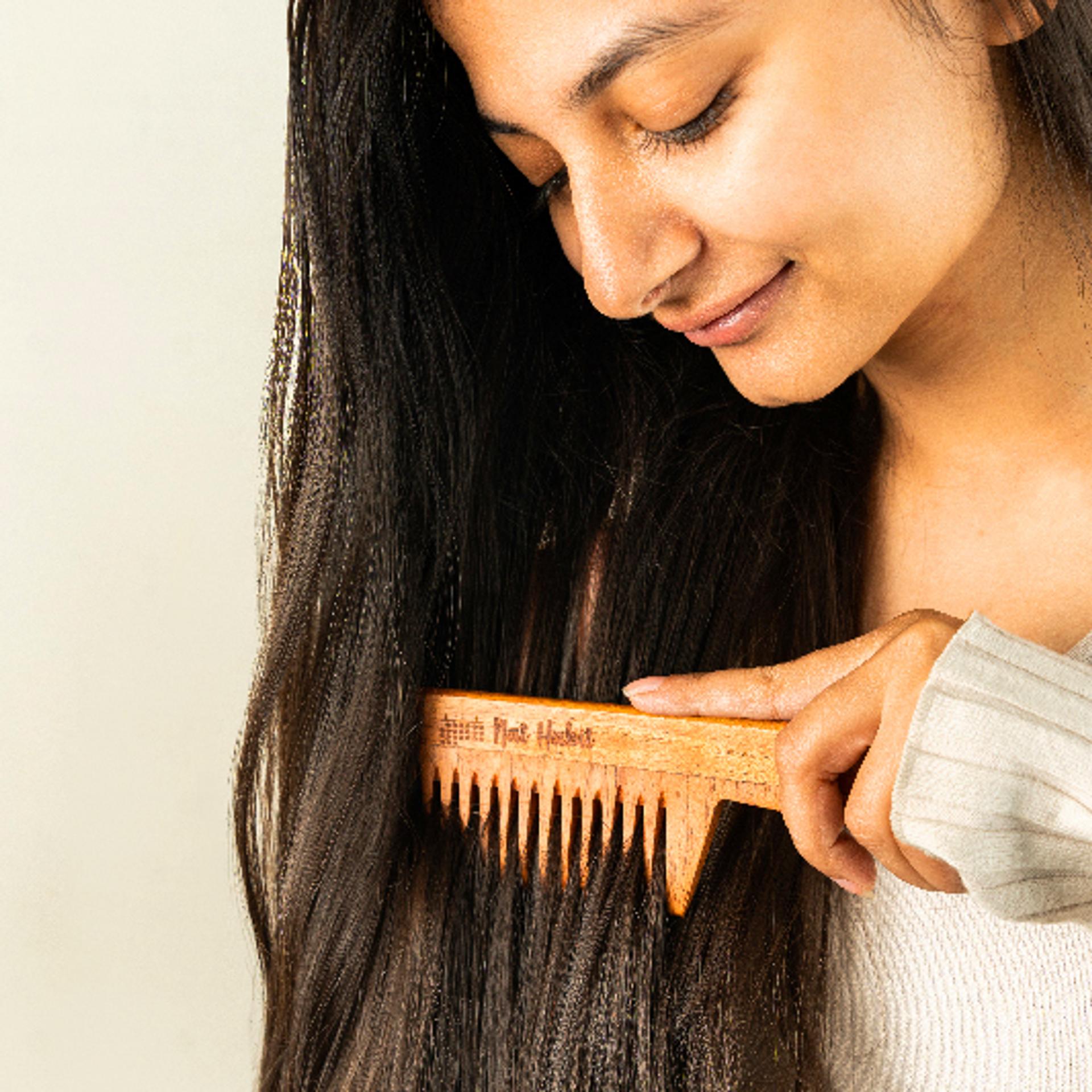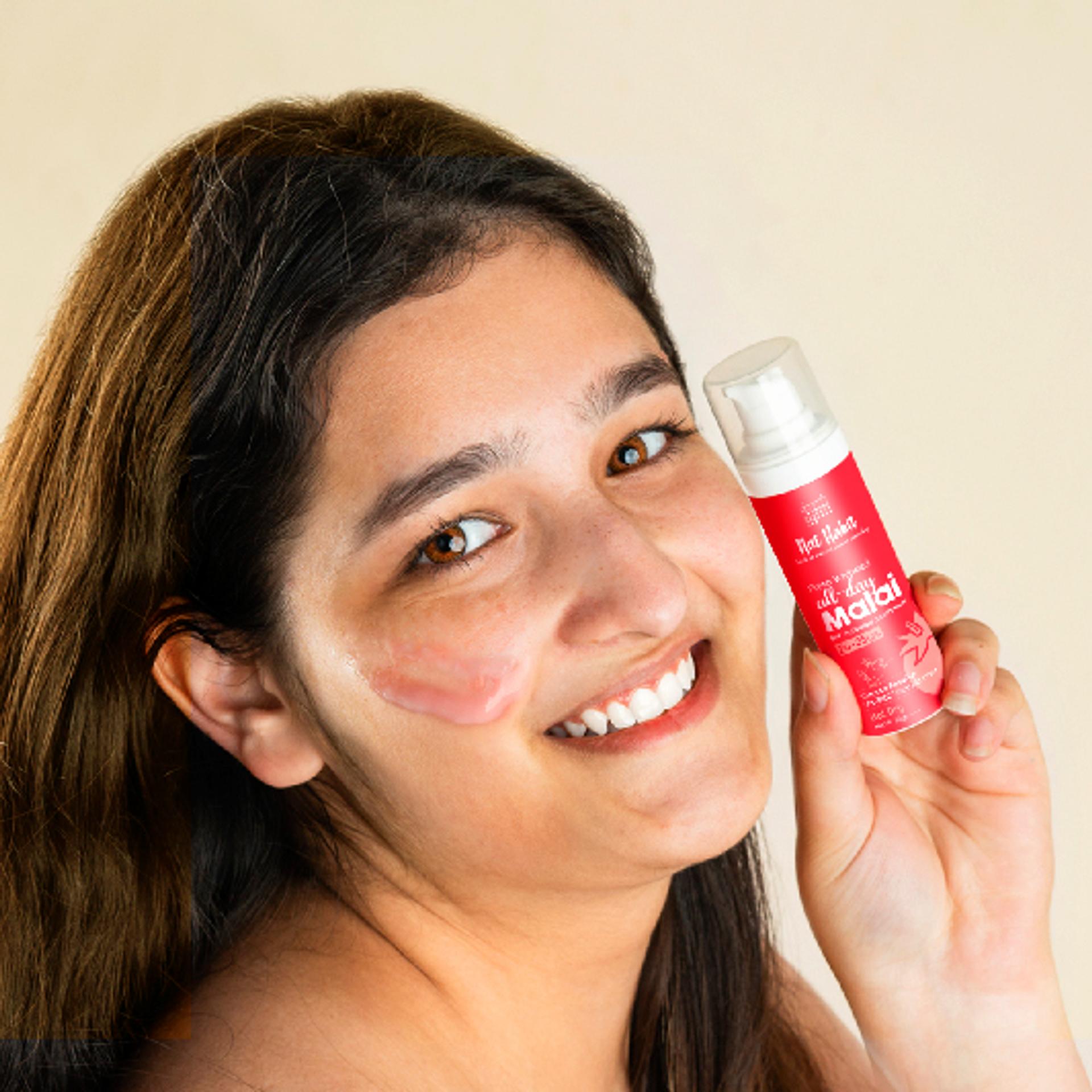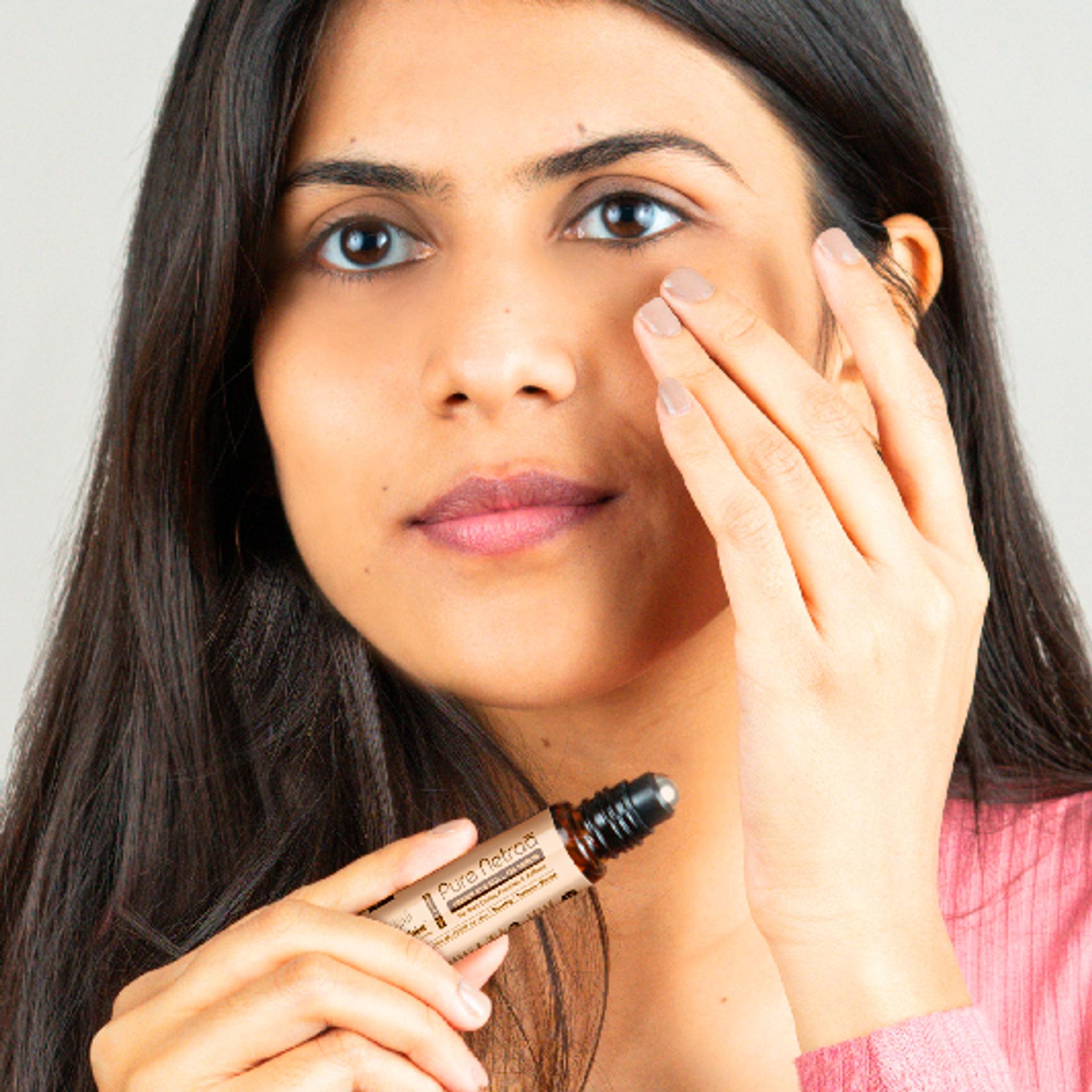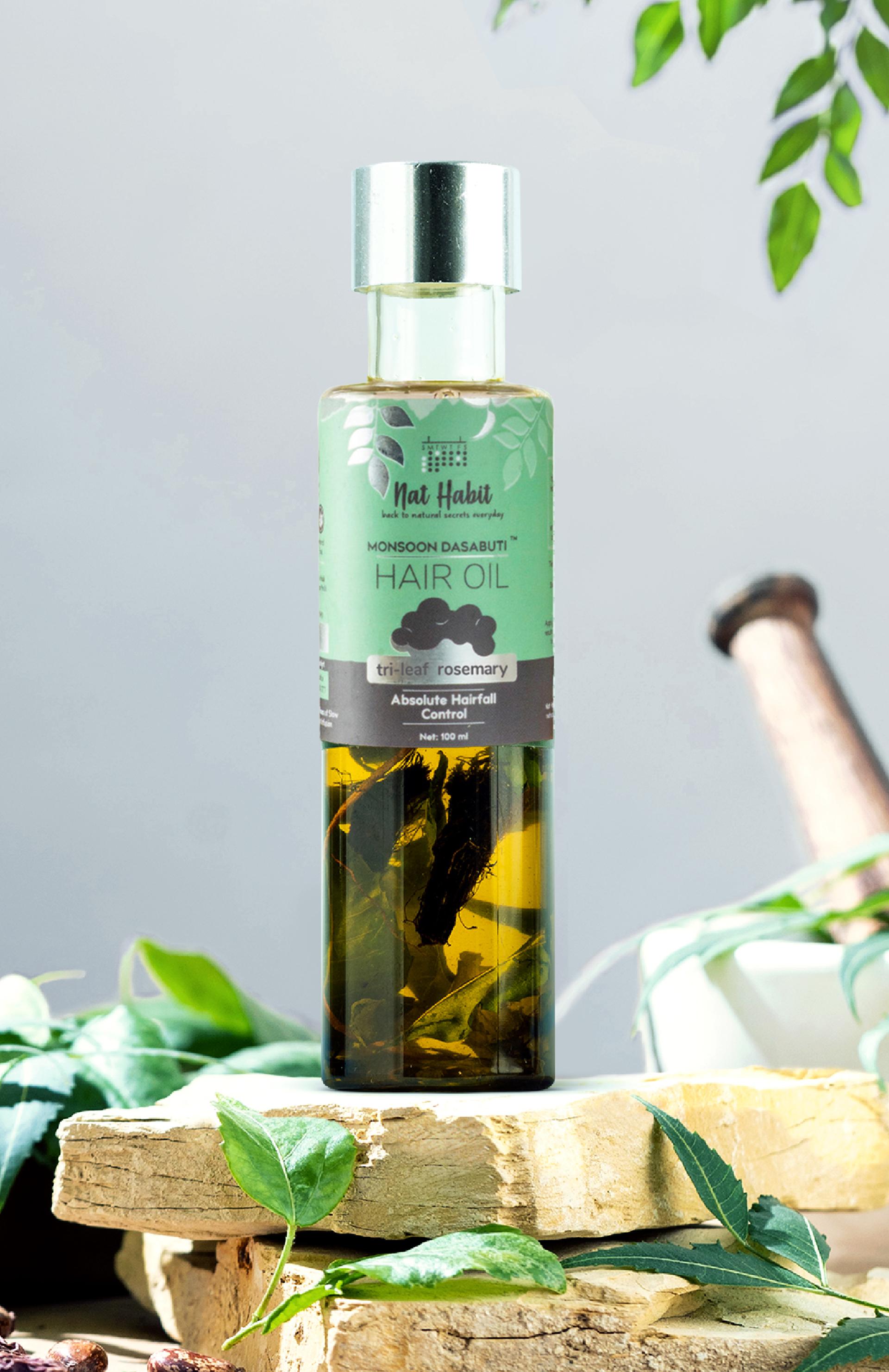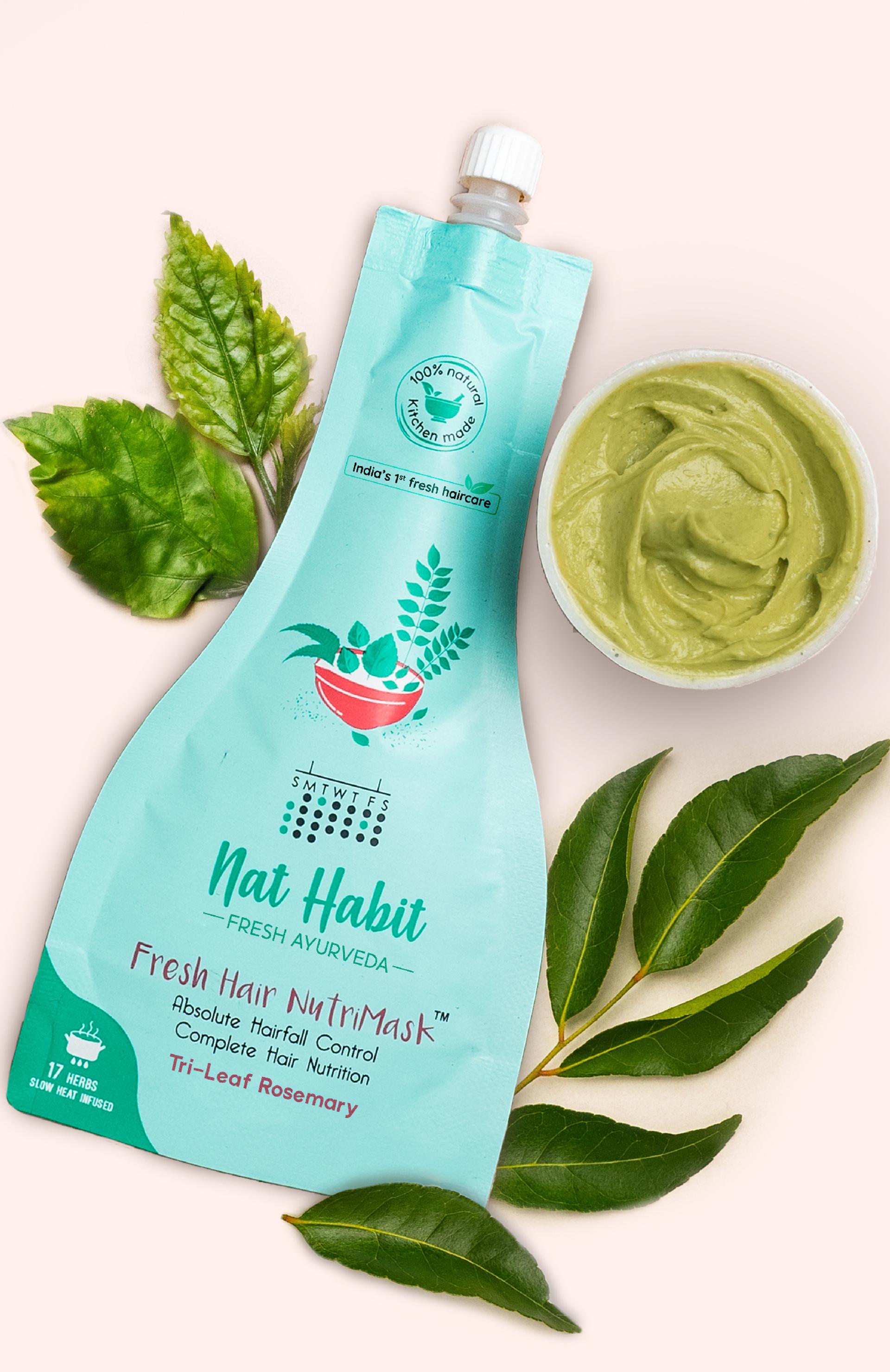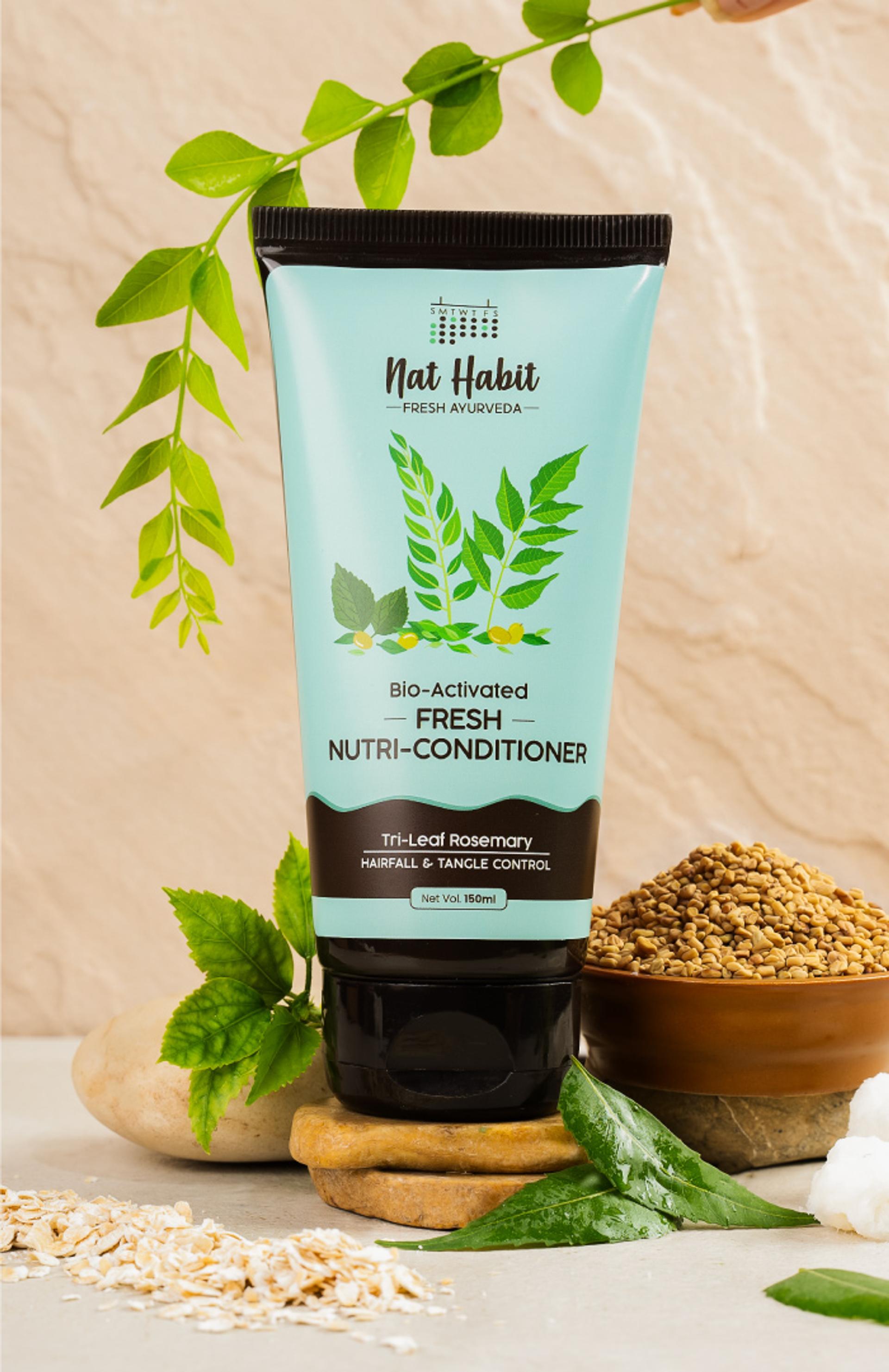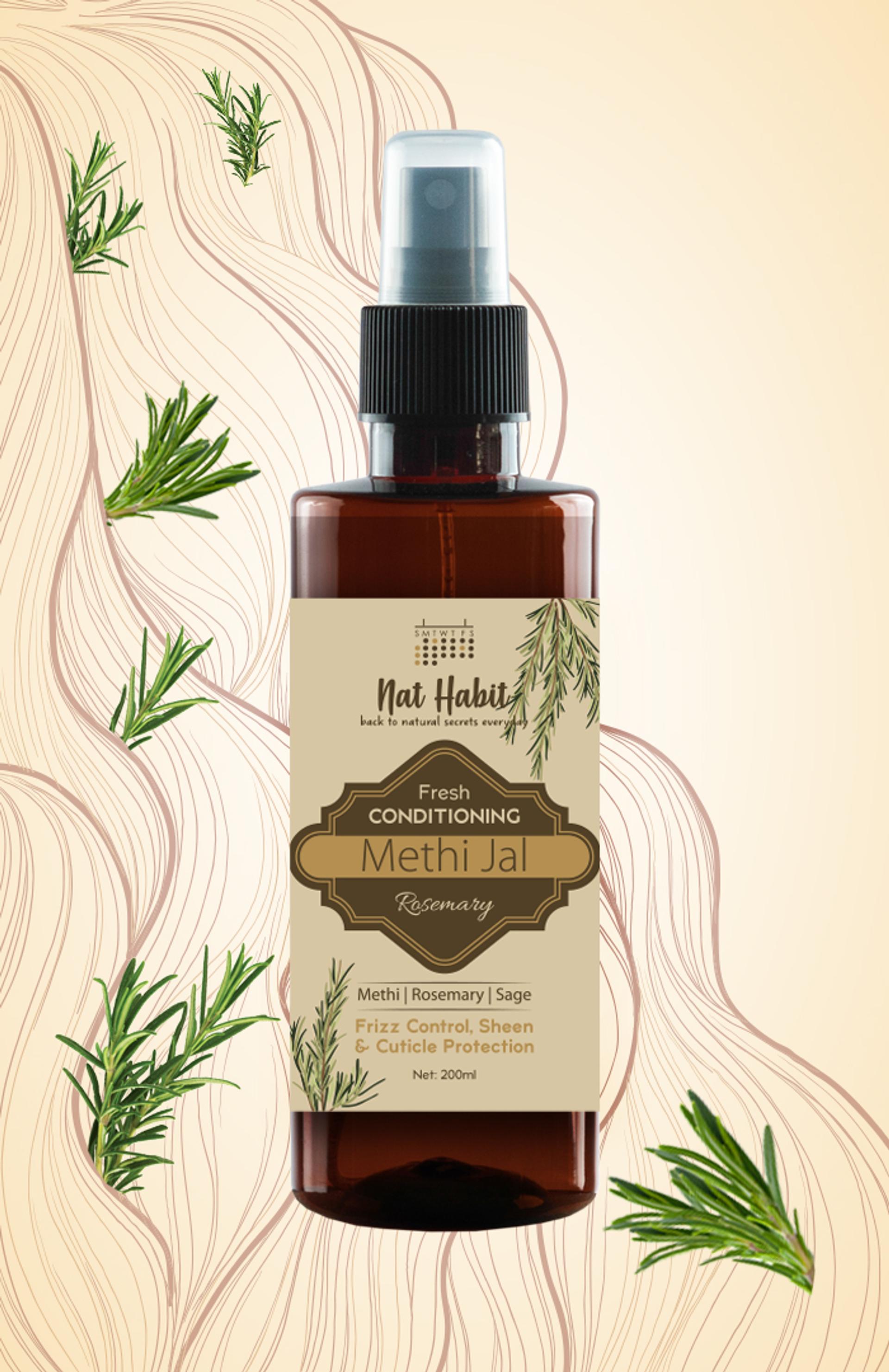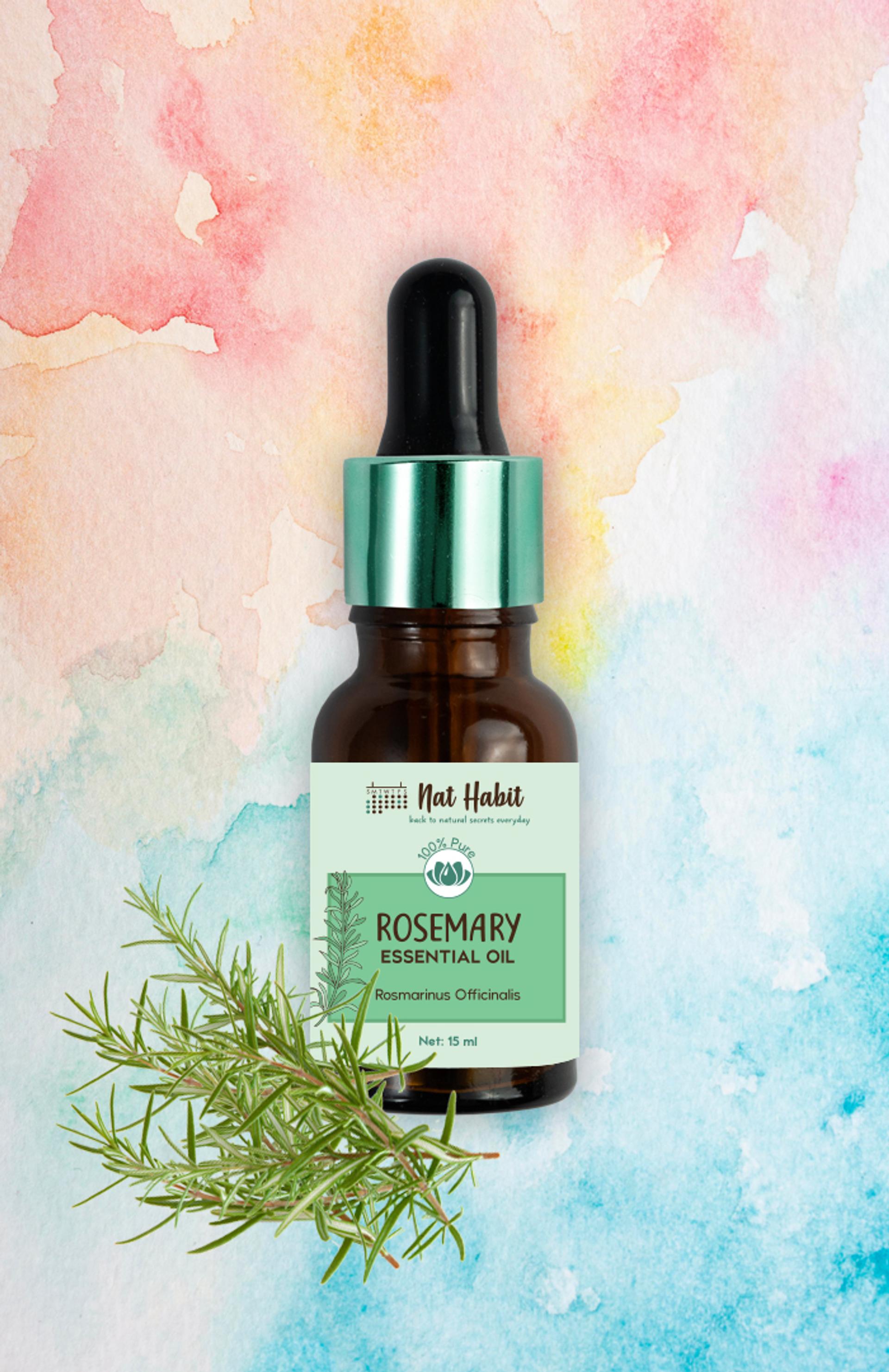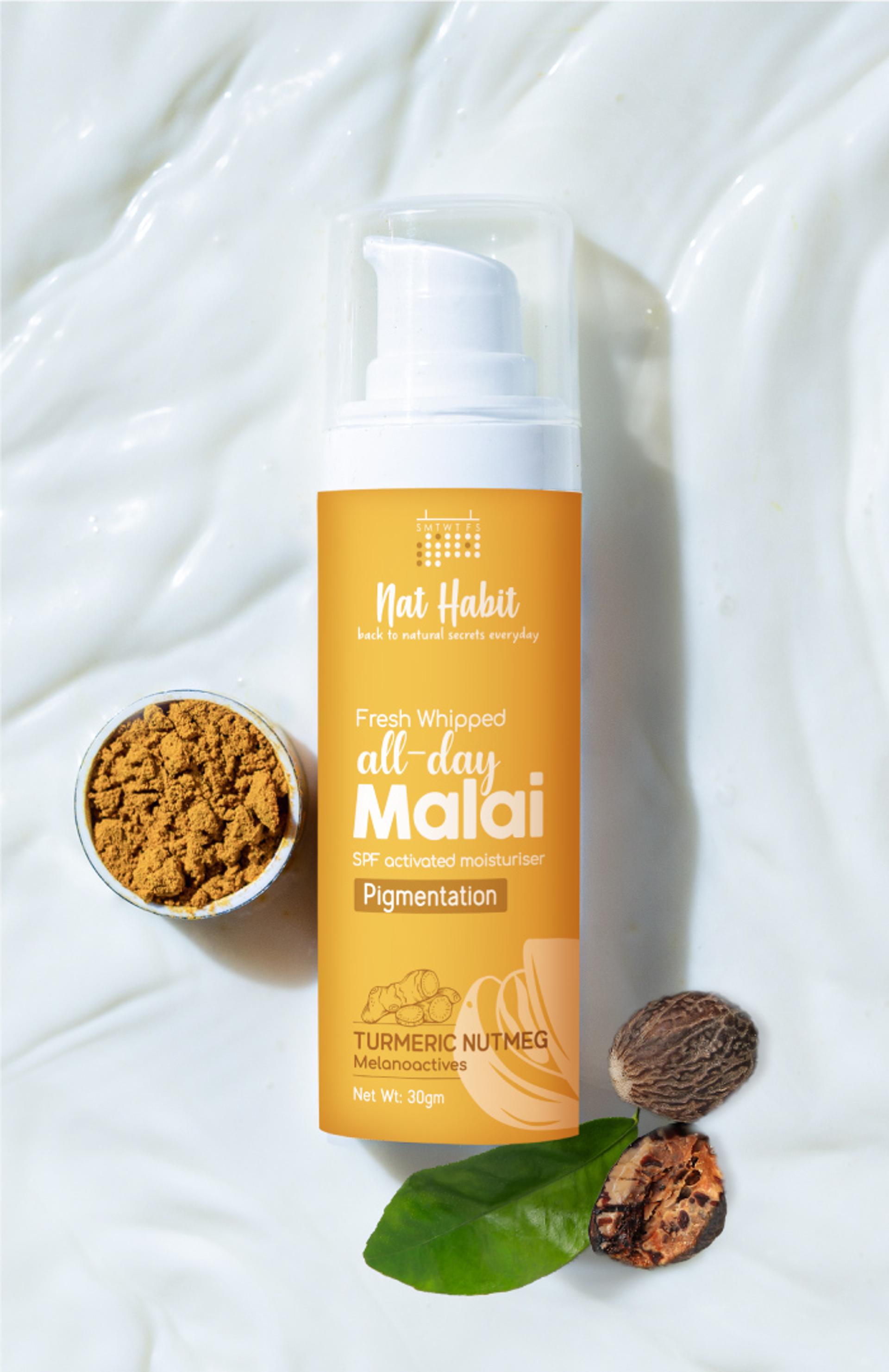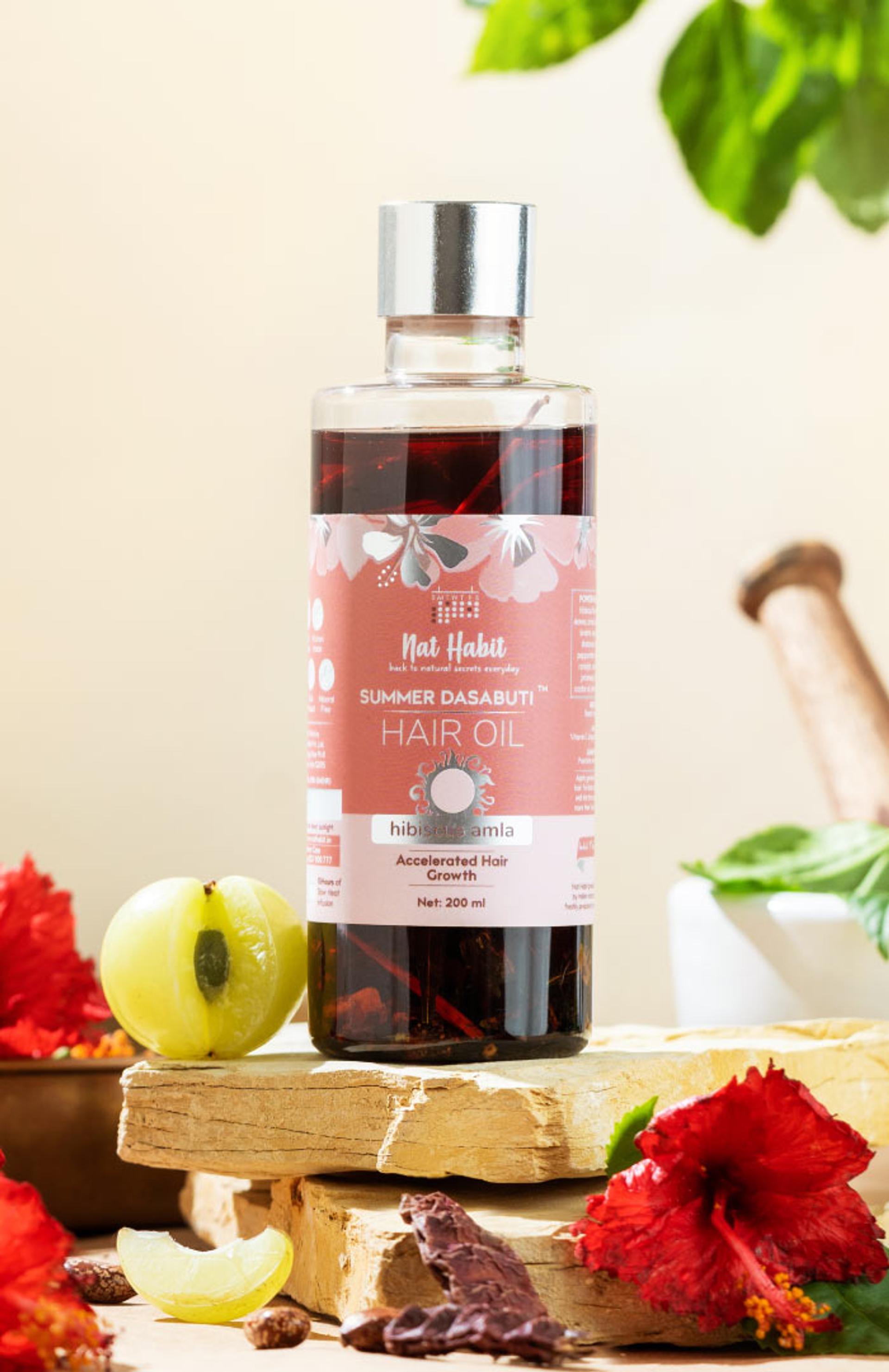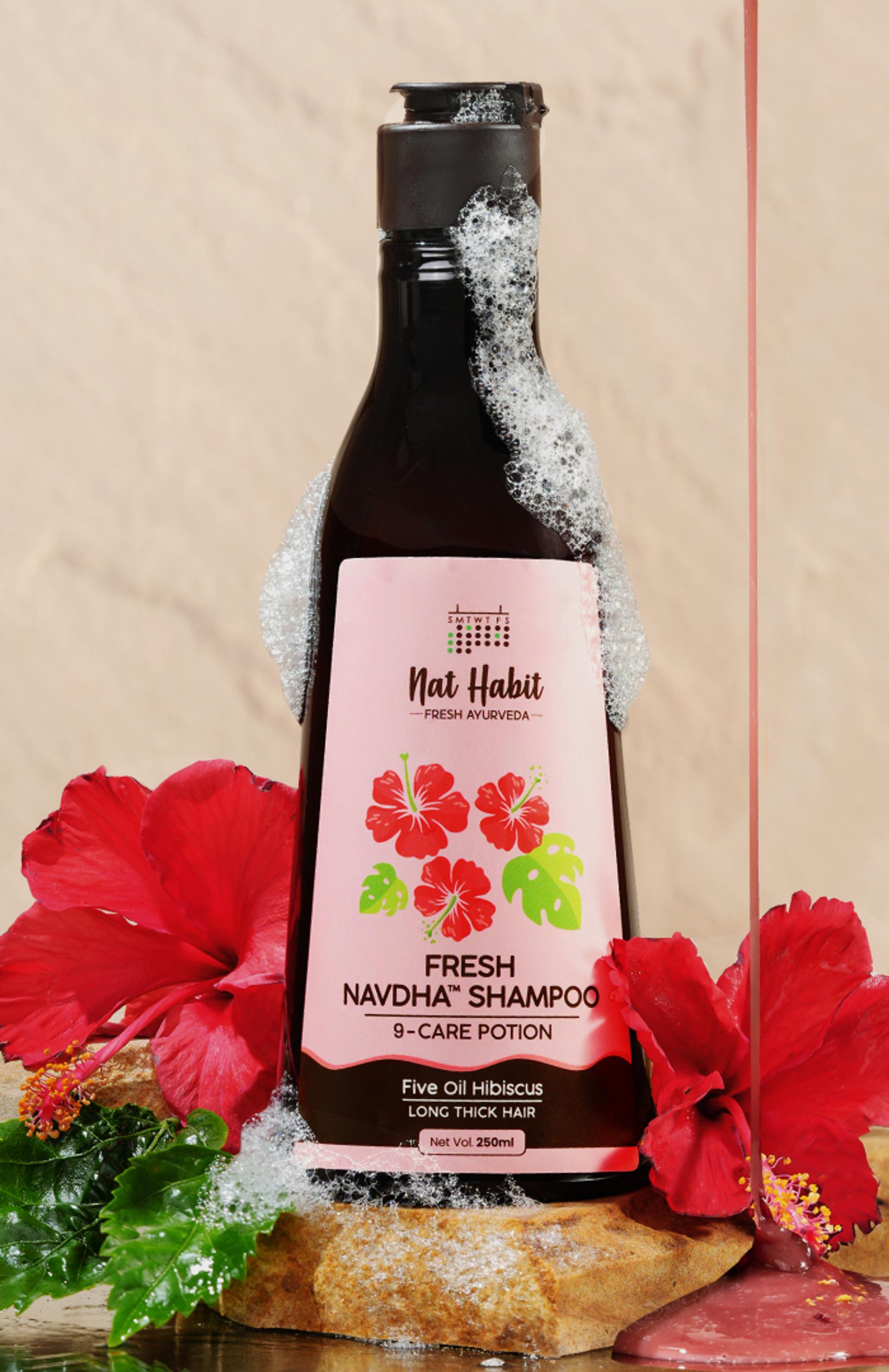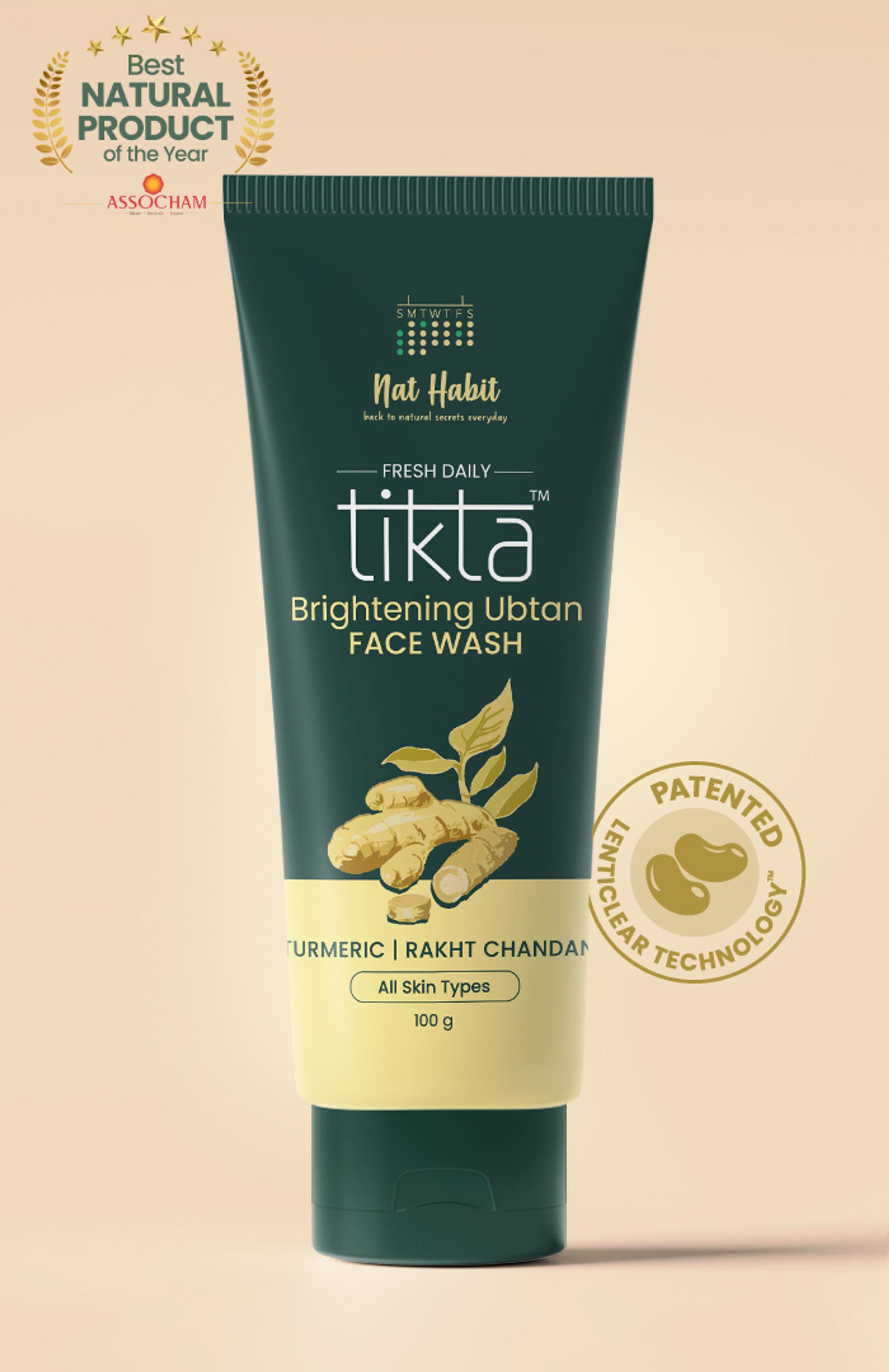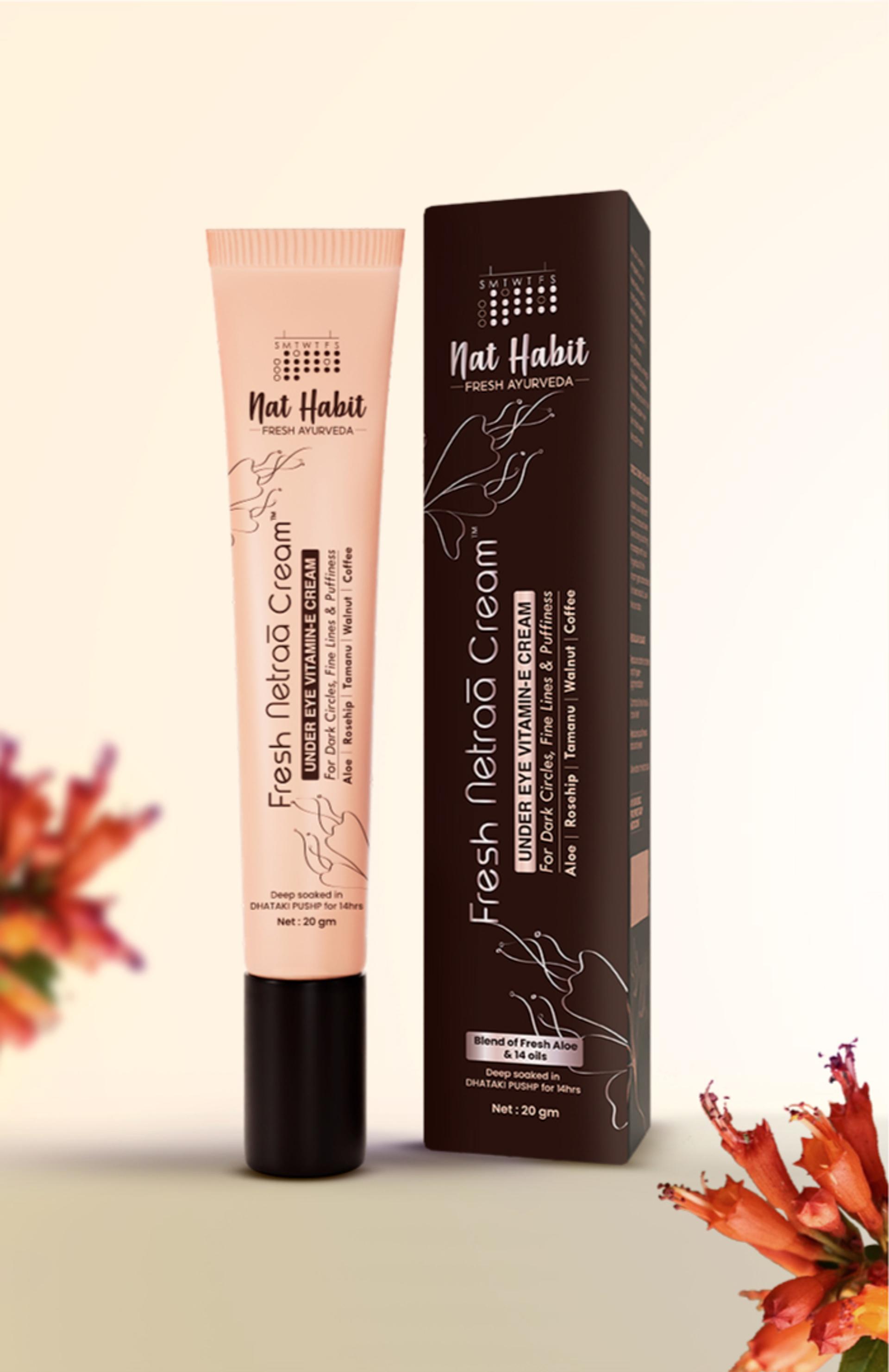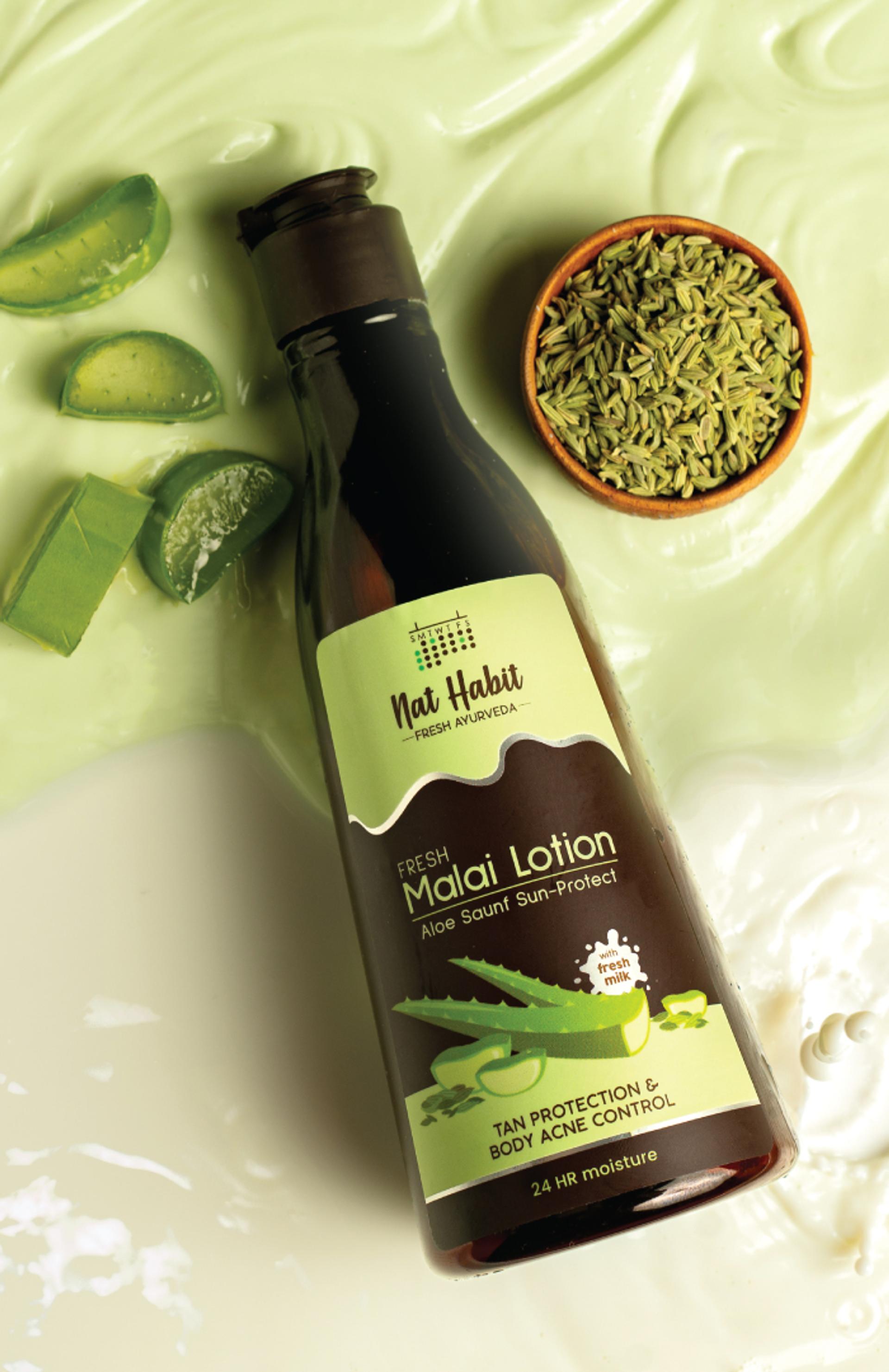Fresh & Active Rosemary Care
Rosemary’s Follicular Revival
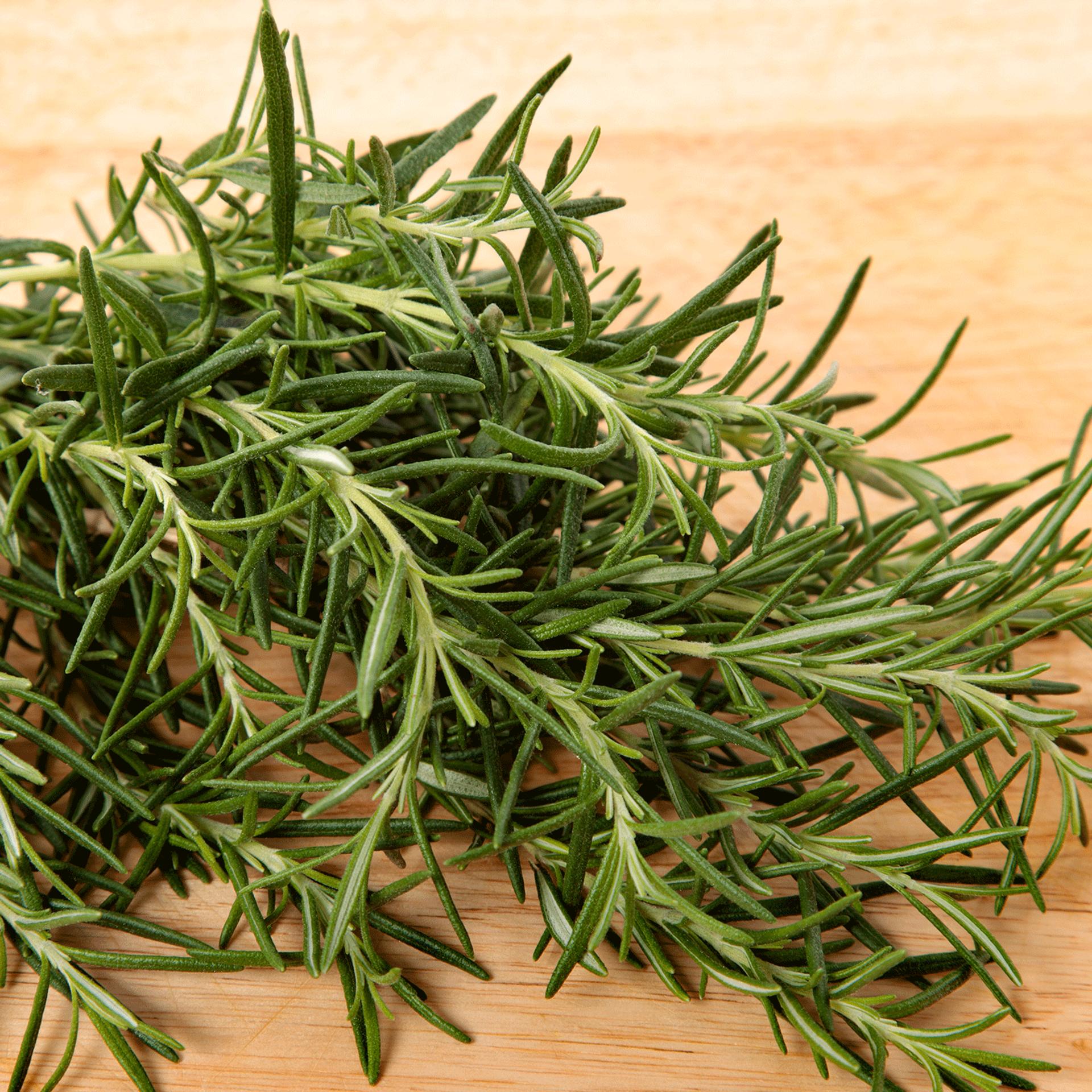
Click to Know More
Protects follicles by blocking damaging enzymes
Rosmarinic acid inhibits follicle-weakening enzymes that trigger hair thinning. By slowing down this damage, it helps preserve stronger roots and reduces daily hair fall.
Reactivates dormant follicle stem cells
Stimulates stem cells at the follicle bulb, gradually re-initiating the hair growth cycle and encouraging new strands to emerge over time.
Shields scalp with anti-inflammatory defense
A natural antioxidant and anti-inflammatory, rosemary calms scalp irritation, reduces oxidative stress, and protects follicles from pollution and UV-induced damage.
Strengthens & nourishes roots
Deep, slow-heat infusion with 15-17 Ayurvedic herbs enhances follicular anchoring, restores scalp balance, and builds long-term resilience at the roots.
Unreeling Some Nat Stories
Hear it from Nat Lovers
What's in the Pack?
Fresh, heat-infused & whole picks
The Science Behind Hair Fall

Hair Fall is a Part of the Hair Growth Cycle
Hair fall is a normal phase of the hair growth cycle known as exogen, where old hairs shed to make way for new growth. This cycle includes four phases - anagen (growth), catagen (regression), telogen (resting), and exogen (shedding). Normally, about 85–90% of hairs remain in anagen, growing actively for 2–7 years. Disruption in this tightly regulated cycle can lead to excessive hair fall and thinning.
Disrupted Hair Growth Cycle due to Cellular and Molecular Mechanisms
Excessive hair fall often stems from follicular miniaturization, a process where hair follicles gradually shrink and produce thinner, shorter, and less pigmented hairs. This is largely driven by androgens, particularly DHT. DHT binds to androgen receptors in the dermal papilla cells of susceptible follicles, triggering a cascade of changes that reduce follicle size and hair shaft diameter. This process shortens the anagen phase and prolongs telogen, leading to increased shedding and reduced regrowth.
Scalp Health and Inflammation
Chronic low-grade inflammation in the scalp, often due to microbial imbalances, oxidative stress, or irritants, activates immune cells around hair follicles. This inflammatory milieu disrupts the follicular microenvironment, impairing stem cell function and follicle regeneration. Conditions like dermatitis or psoriasis exacerbate this inflammation, causing follicular damage, fibrosis, and premature hair follicle regression.
Impact of Nutritional Deficiencies on Hair Follicle Metabolism
Hair follicle cells have one of the highest metabolic rates in the body, demanding adequate supplies of micronutrients. Iron is crucial for oxygen transport to follicular cells and DNA synthesis. Zinc regulates protein and nucleic acid metabolism essential for keratin production. Biotin and B-complex vitamins act as cofactors for enzymatic reactions supporting hair matrix cell proliferation. Deficiencies impair mitochondrial function and ATP production, leading to slowed cell division, weak keratin synthesis, and fragile hair shafts prone to breakage.
Stress Hormones and Their Biochemical Influence on Hair Cycle Regulation
Chronic psychological or physiological stress elevates cortisol levels, which disrupt normal hair cycling through multiple pathways. Cortisol can induce premature entry of hair follicles into the telogen phase by modulating local expression of neuropeptides and inflammatory cytokines. These inflammatory mediators impair follicular stem cell niches, suppress hair growth signals and exacerbate hair follicle miniaturization.
See How This Ultra-Nourishing Pack Is Made Fresh Daily in Our Ayurvedic Kitchen
Natural Lovers Also Buy!
Explore our other Categories
We hope you'll like them

